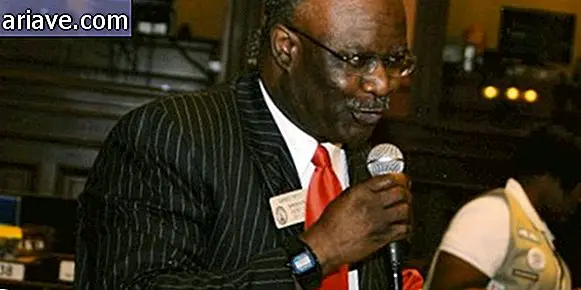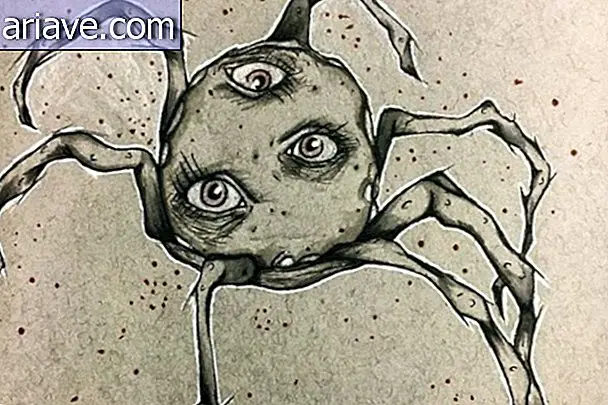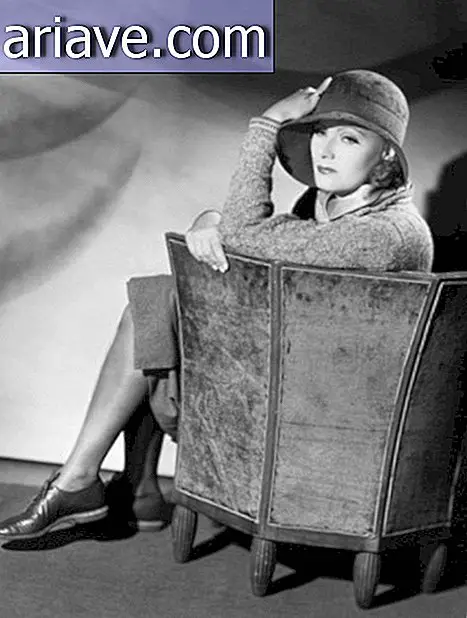Understand how World War II began
World War II (1939-1945) was an armed conflict that marked history forever. It is therefore important to understand some decisive facts that explain the direction the conflict took after it began.

The background of the impasses that led to World War II
After World War I, more specifically after the signing of the Treaty of Versailles in 1919, Germany was overwhelmed by a feeling of humiliation at the imposition imposed while plunging into serious economic problems.
Alongside this, the 1929 Crisis had already seriously affected Europe, transforming the world order. Historians believe that all these factors contributed to the German population to embrace the nationalist and expansionist discourses. Adolf Hitler, a Nazi politician, took power in 1934 promising to return prosperity to Germany.
When exactly did World War II begin?
Germany had already signaled that it was preparing for a new confrontation, and this was most concretely manifested at the Munich Conference in 1938. Hitler succeeded in giving France and England to yield to the Sudeten demands, culminating. in the annexation of part of Czechoslovakia to Germany.

But it was only after the German invasion of Poland on September 1, 1939, that France and Britain declared war.
For Germany, the invasion represented more than an expansion: it was an opportunity to test its military firepower - which devastated Poland quickly. Then Belgium, France, the Netherlands, and Norway were invaded and dominated. The war, in fact, began only after the invasion of France.
World War II, therefore, was characterized by strong revanchism, and that is why it can be said that it was, in a way, a continuation of World War I.
Curiosity

A little known fact is that Winston Churchill was not yet Britain's prime minister. Until then, he acted in opposition to the government and the appeasement policy, which, due to the fear of a new war, governed relations between countries without positive results.
It was not until 1940, when Neville Chamberlain resigned as Prime Minister, that Churchill took office at the invitation of King George VI.











